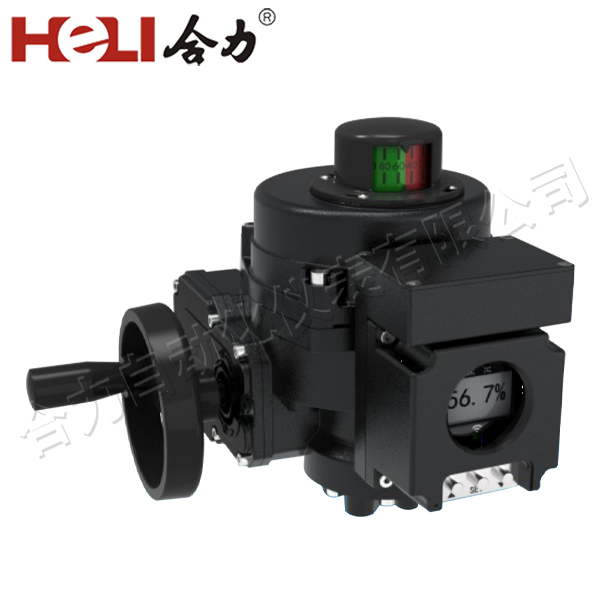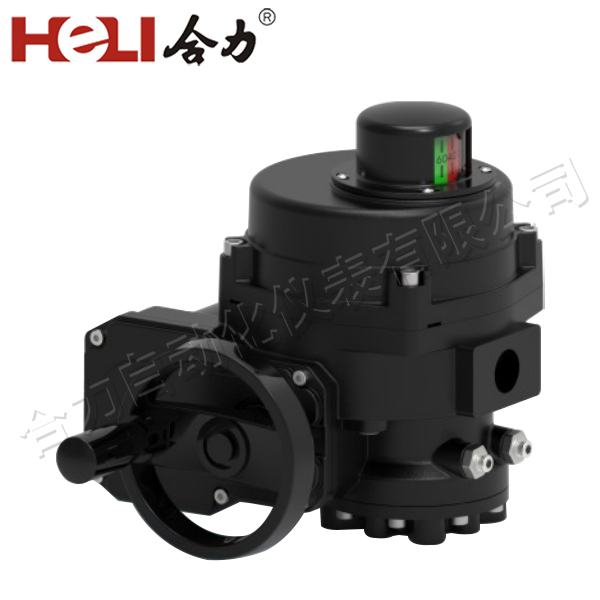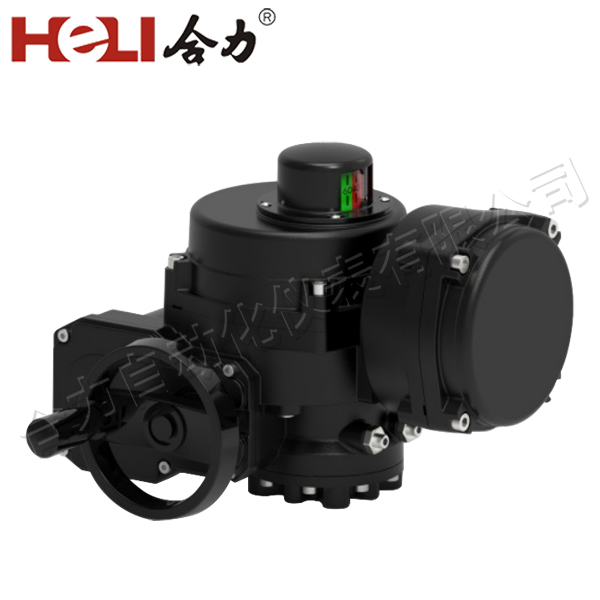In recent years, the global energy landscape has been undergoing a significant transformation, with an increasing focus on renewable energy sources. One such emerging energy solution is hydrogen, which is gaining traction as a clean and sustainable alternative to conventional fossil fuels. Hydrogen energy, when harnessed efficiently, can play a pivotal role in reducing carbon emissions and advancing the global energy transition. In this context, the installation of hydrogen energy electrical systems becomes a critical component of the infrastructure required for the successful implementation of hydrogen power technologies.

What is Hydrogen Energy?

Hydrogen energy refers to the energy stored in hydrogen atoms, which can be released and used for various applications. Hydrogen, the most abundant element in the universe, can be used as a fuel through processes like combustion or electrochemical reactions in fuel cells. When hydrogen is used in fuel cells, the primary byproducts are water and heat, making this energy source both eco-friendly and highly efficient. Unlike traditional fossil fuels, hydrogen does not produce harmful emissions during its usage. As such, it holds immense potential as a clean energy carrier that can power vehicles, industrial operations, and even provide electricity to homes and businesses. Furthermore, when hydrogen is produced using renewable energy sources such as wind, solar, or hydropower, the entire process can be considered nearly carbon-neutral, further strengthening hydrogen’s appeal as a future-forward energy solution.

Leave a Reply
You must be logged in to post a comment.